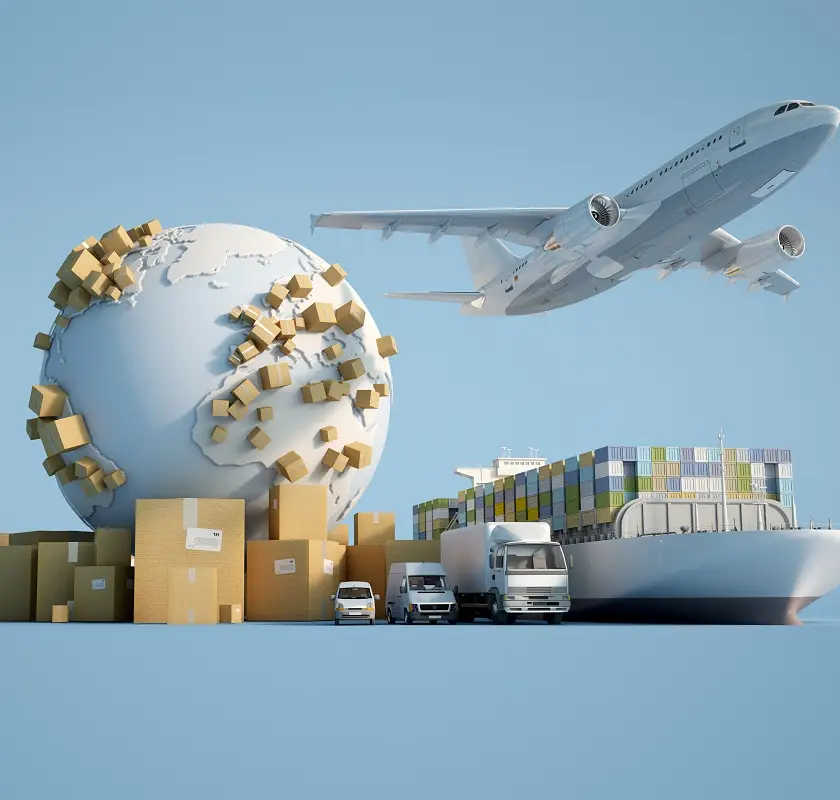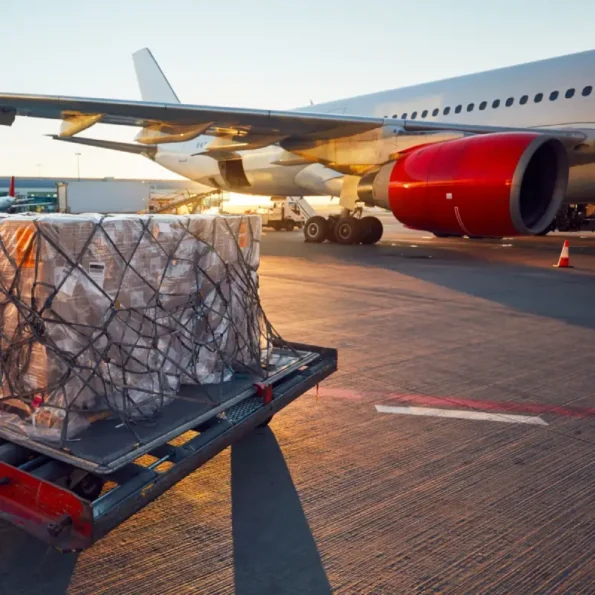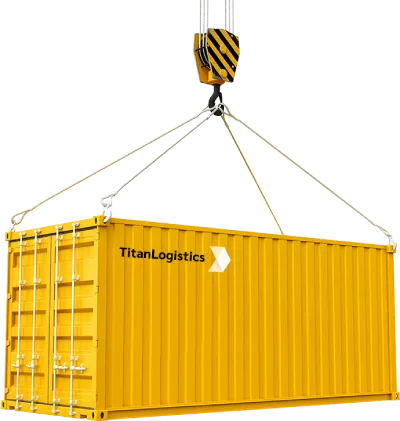
Navigating the Impact of Trade Agreements on Air Freight
The influence of global trade agreements on air freight is multifaceted, encompassing regulatory changes, market access, and overall industry dynamics.
- Market Access Opportunities: Trade agreements often open up new markets and facilitate increased international trade, leading to a surge in demand for air freight services.
- Harmonization of Standards: Agreements may harmonize standards and regulations, streamlining customs procedures and reducing complexities in cross-border air freight transactions.
- Tariff Reductions: Reduced tariffs and trade barriers contribute to cost savings for businesses engaged in air freight, promoting economic growth and competitiveness.
- Improved Infrastructure Investment: Trade agreements can spur investments in airport infrastructure, enhancing the efficiency and capacity of air freight operations.
- Supply Chain Optimization: Agreements may encourage supply chain optimization, with companies strategically using air freight for time-sensitive and high-value shipments.
- Innovation and Technology Adoption: Increased international collaboration under trade agreements fosters innovation and the adoption of advanced technologies in the air freight industry.







